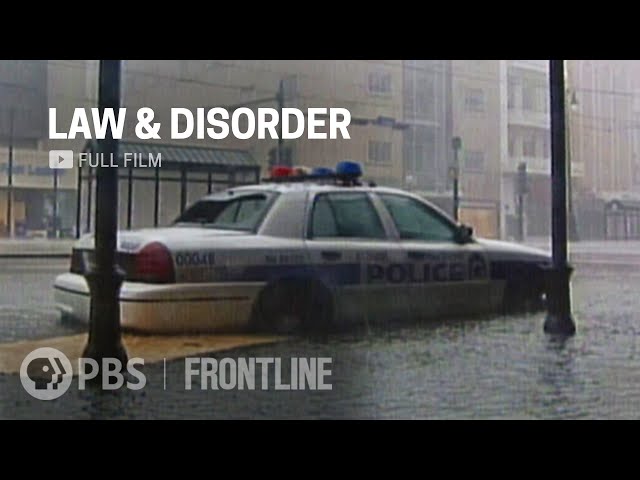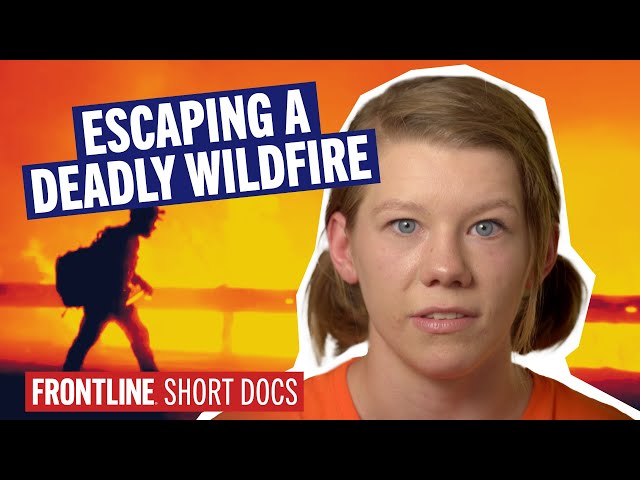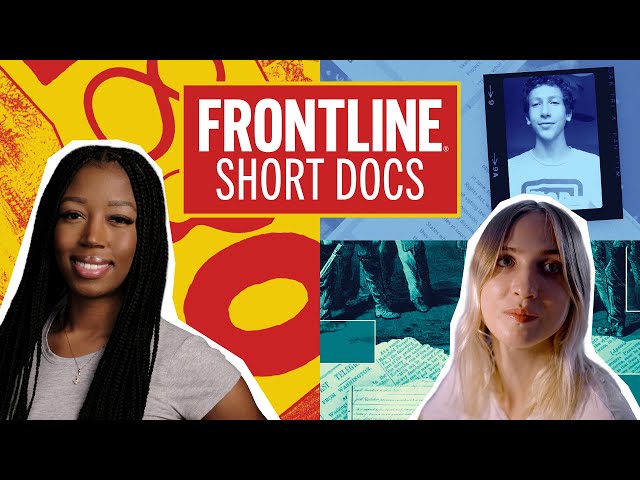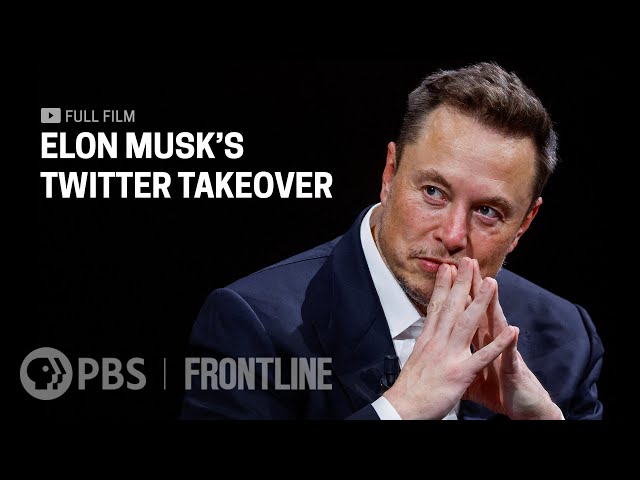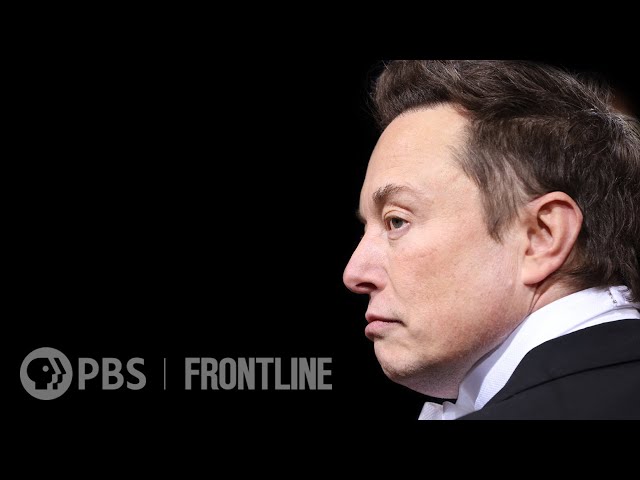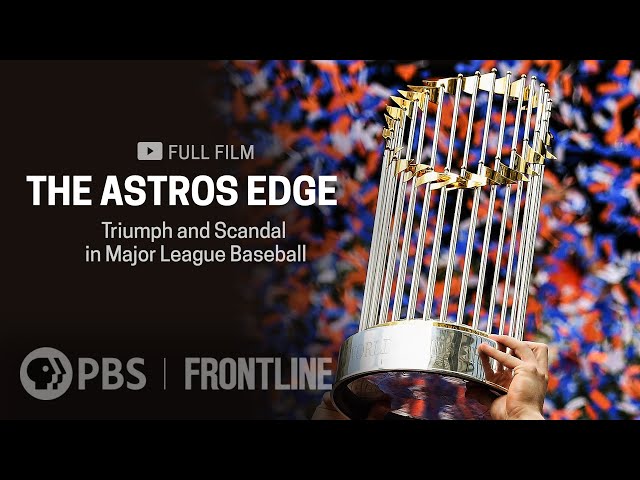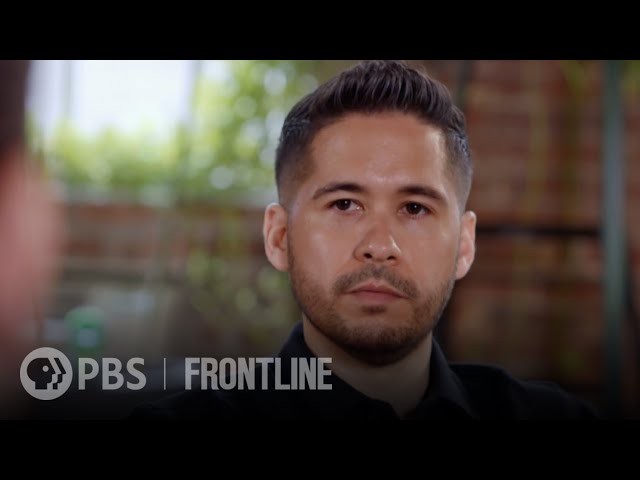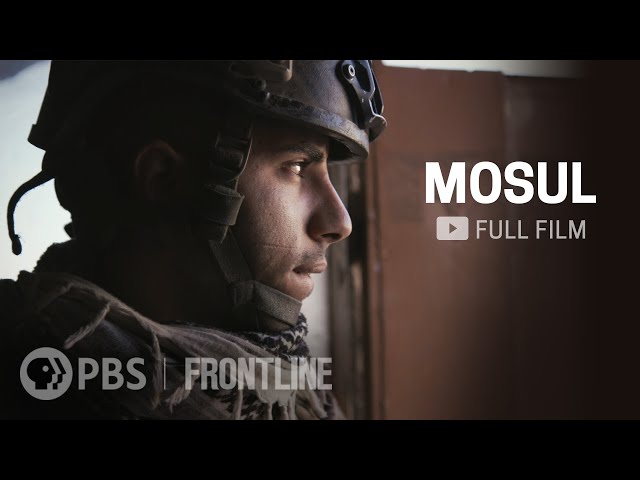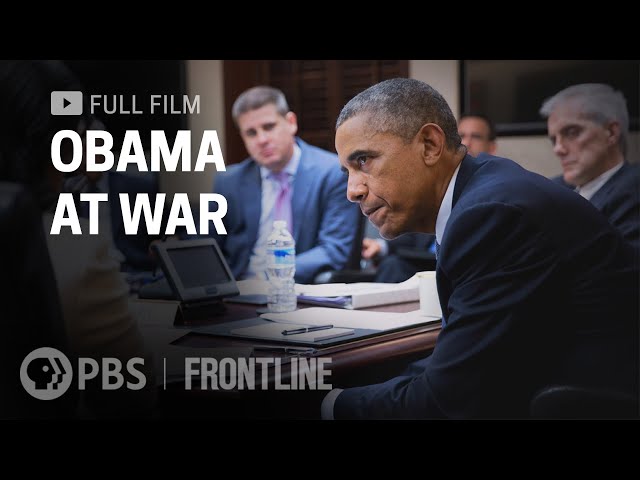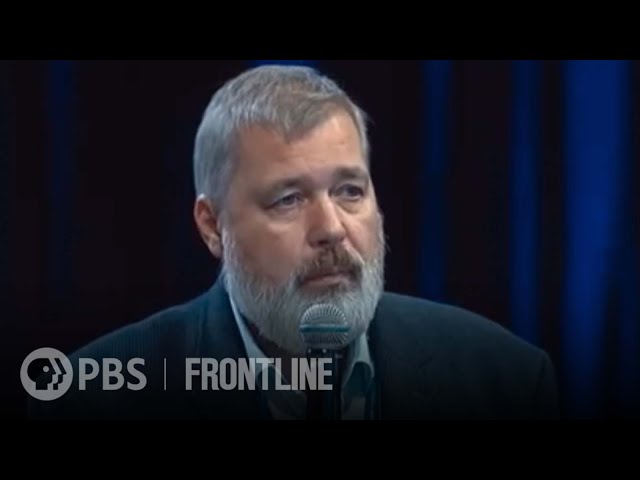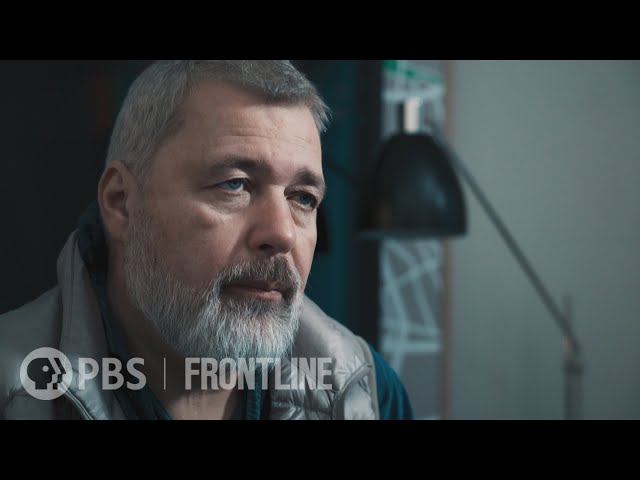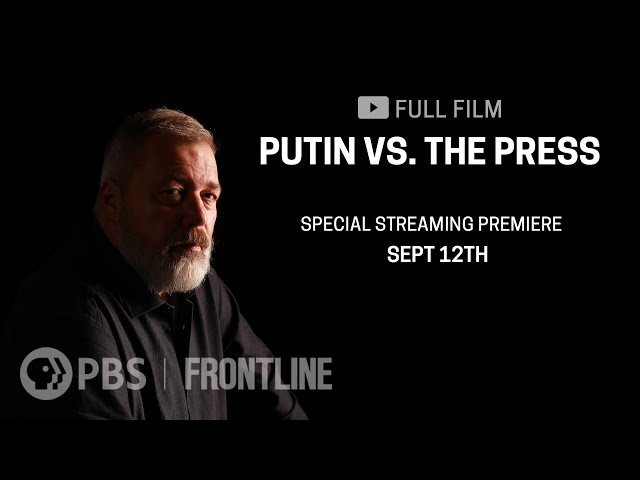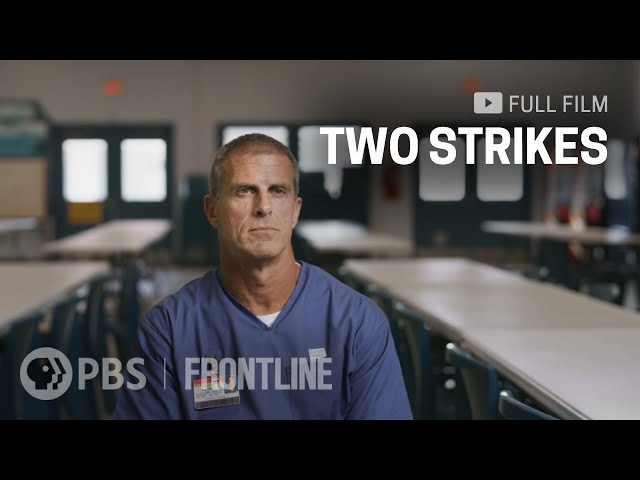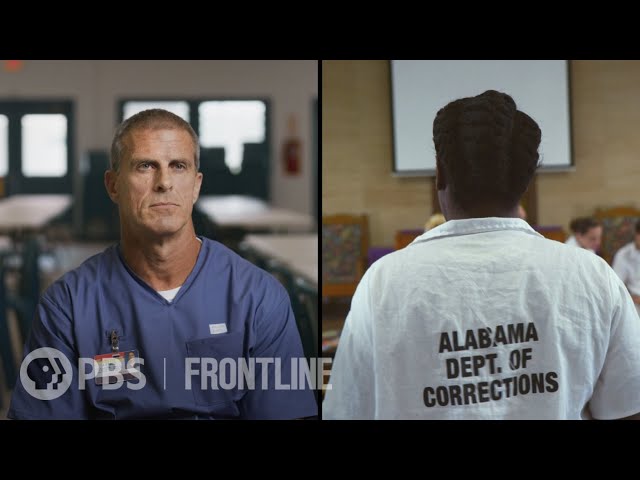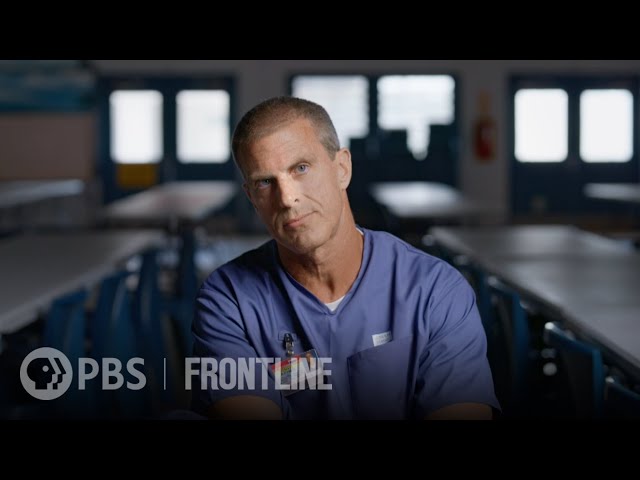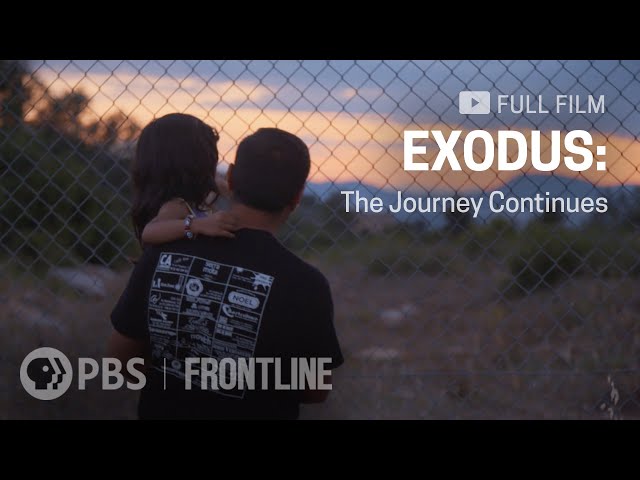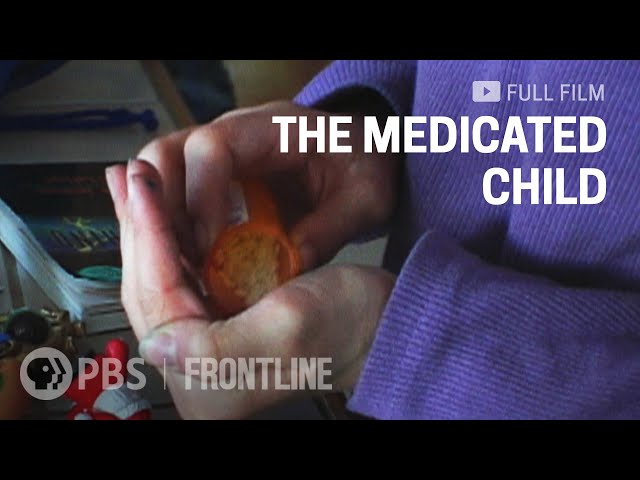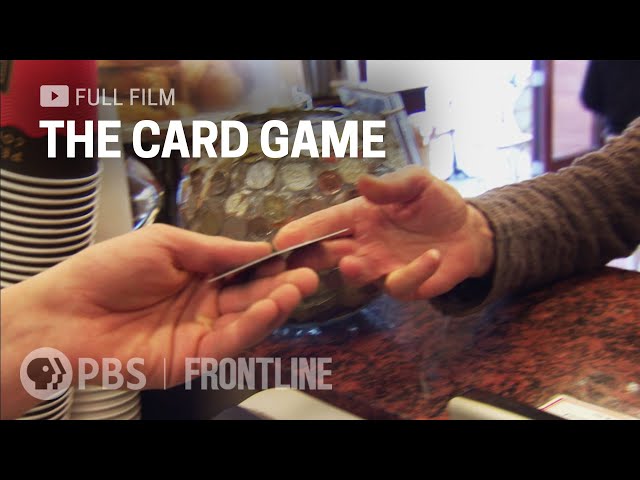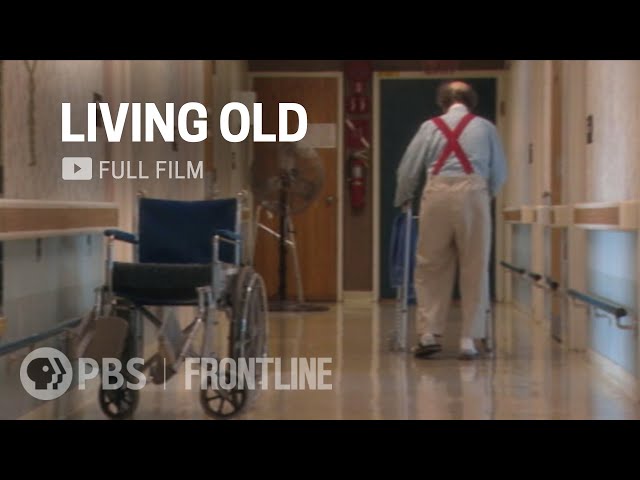Episode 2: The Letters | Un(re)solved Podcast
19 Jun 2021
As part of its Cold Case Initiative, the DOJ compiled a list of cases to look into. As of 2008, Mississippi — where Emmett Till was murdered — had the largest number of cases.
James meets Walter Henry, a Black FBI agent who worked in a field office there and was tasked with investigating many of these crimes.
One name from the list, a Black serviceman who was killed by a white police officer in 1962 following an altercation at a bus station, offers some insight into how civil rights era killings were handled. The man’s son recollects how his family carried with them the trauma of his father’s death and how the FBI’s re-examination of the case still impacts them today..
This journalism is made possible by viewers like you. Support your local PBS station here: http://www.pbs.org/donate
The multi-platform Un(re)solved project investigates the federal government’s effort to grapple with America’s legacy of racist killings, mainly against African Americans, through the Emmett Till Unsolved Civil Rights Crime Act. For more, visit: frontline.org/unresolved
Love FRONTLINE? Find us on the PBS Video App where there are more than 300 FRONTLINE documentaries available for you to watch any time: https://to.pbs.org/FLVideoApp
#Unresolved #CivilRightsColdCases #frontlinePBS
Subscribe on YouTube: http://bit.ly/1BycsJW
Instagram: https://www.instagram.com/frontlinepbs
Twitter: https://twitter.com/frontlinepbs
Facebook: https://www.facebook.com/frontline
The Un(re)solved podcast was produced by FRONTLINE at WGBH and powered by PRX. Some of the interviews with family members of the next of kin were produced in collaboration with StoryCorps, a national nonprofit whose mission is to preserve and share humanity’s stories in order to build connections between people and create a more just and compassionate world. The Civil Rights and Restorative Justice Project at Northeastern University served as an academic advisor to the project.
The FRONTLINE Dispatch is made possible by the Abrams Foundation and by the GBH Catalyst Fund. Additional support for the FRONTLINE Dispatch comes from the Massachusetts General Hospital Cancer Center. Support for Un(re)solved provided by PBS; the Corporation for Public Broadcasting; the Abrams Foundation; the Jonathan Logan Family Foundation; The WNET Group’s Chasing the Dream, a public media initiative that examines poverty, justice, and economic opportunity in America, with major funding by The JPB Foundation and additional funding from The Peter G. Peterson and Joan Ganz Cooney Fund; the GBH Catalyst Fund; the FRONTLINE Journalism Fund with major support from Jon and Jo Ann Hagler on behalf of the Jon L. Hagler Foundation; the Lisa and Douglas Goldman Fund; the Massachusetts General Hospital Cancer Center; and The Barbra Streisand Foundation. Funding for FRONTLINE is provided through the support of PBS viewers and by the Corporation for Public Broadcasting. Major funding for FRONTLINE is provided by the Ford Foundation. Additional funding is provided by the Abrams Foundation; the John D. and Catherine T. MacArthur Foundation; Park Foundation; and the FRONTLINE Journalism Fund with major support from Jon and Jo Ann Hagler on behalf of the Jon L. Hagler Foundation.
James meets Walter Henry, a Black FBI agent who worked in a field office there and was tasked with investigating many of these crimes.
One name from the list, a Black serviceman who was killed by a white police officer in 1962 following an altercation at a bus station, offers some insight into how civil rights era killings were handled. The man’s son recollects how his family carried with them the trauma of his father’s death and how the FBI’s re-examination of the case still impacts them today..
This journalism is made possible by viewers like you. Support your local PBS station here: http://www.pbs.org/donate
The multi-platform Un(re)solved project investigates the federal government’s effort to grapple with America’s legacy of racist killings, mainly against African Americans, through the Emmett Till Unsolved Civil Rights Crime Act. For more, visit: frontline.org/unresolved
Love FRONTLINE? Find us on the PBS Video App where there are more than 300 FRONTLINE documentaries available for you to watch any time: https://to.pbs.org/FLVideoApp
#Unresolved #CivilRightsColdCases #frontlinePBS
Subscribe on YouTube: http://bit.ly/1BycsJW
Instagram: https://www.instagram.com/frontlinepbs
Twitter: https://twitter.com/frontlinepbs
Facebook: https://www.facebook.com/frontline
The Un(re)solved podcast was produced by FRONTLINE at WGBH and powered by PRX. Some of the interviews with family members of the next of kin were produced in collaboration with StoryCorps, a national nonprofit whose mission is to preserve and share humanity’s stories in order to build connections between people and create a more just and compassionate world. The Civil Rights and Restorative Justice Project at Northeastern University served as an academic advisor to the project.
The FRONTLINE Dispatch is made possible by the Abrams Foundation and by the GBH Catalyst Fund. Additional support for the FRONTLINE Dispatch comes from the Massachusetts General Hospital Cancer Center. Support for Un(re)solved provided by PBS; the Corporation for Public Broadcasting; the Abrams Foundation; the Jonathan Logan Family Foundation; The WNET Group’s Chasing the Dream, a public media initiative that examines poverty, justice, and economic opportunity in America, with major funding by The JPB Foundation and additional funding from The Peter G. Peterson and Joan Ganz Cooney Fund; the GBH Catalyst Fund; the FRONTLINE Journalism Fund with major support from Jon and Jo Ann Hagler on behalf of the Jon L. Hagler Foundation; the Lisa and Douglas Goldman Fund; the Massachusetts General Hospital Cancer Center; and The Barbra Streisand Foundation. Funding for FRONTLINE is provided through the support of PBS viewers and by the Corporation for Public Broadcasting. Major funding for FRONTLINE is provided by the Ford Foundation. Additional funding is provided by the Abrams Foundation; the John D. and Catherine T. MacArthur Foundation; Park Foundation; and the FRONTLINE Journalism Fund with major support from Jon and Jo Ann Hagler on behalf of the Jon L. Hagler Foundation.
